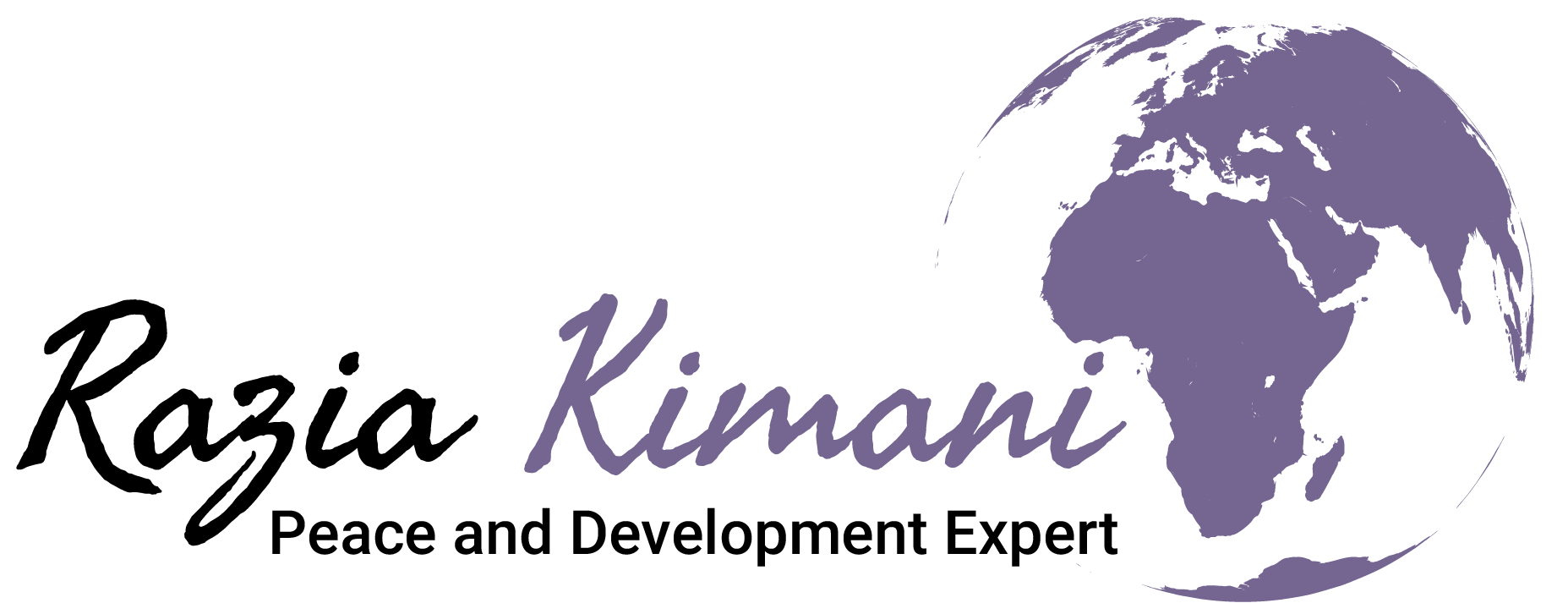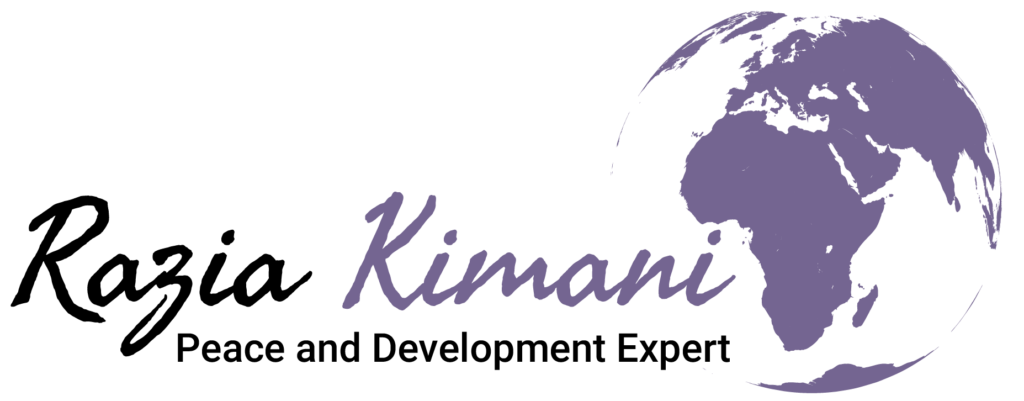Land is the basis of many social and political struggles, and for most—particularly rural— people, is the starting point for livelihoods and dignity. Where women are concerned, the land question remains far from resolved. The area of women’s land rights therefore opens up a space to work simultaneously on issues, institutions, systems, and processes that perpetuate oppression and injustice. Women’s rights to access and control land are central to the goal of poverty eradication, and a rights-based approach to development. Eliminating discrimination in land and property rights is essential to rolling back the impoverishment of millions of women worldwide and is, without doubt, a necessary condition for equitable sustainable development.1 The call to eliminate discrimination is reiterated in key regional and human rights instruments that most Southern African countries have signed and/or ratified – like the Protocol to the African Charter on People’s and Human Rights on the Rights of Women in Africa; and the Convention on the Elimination of All Forms of Discrimination Against Women (CEDAW). As a concrete step towards giving attention to these issues, NiZA and ActionAid International implemented the Project Women’s Land Rights Project in Southern Africa (WOLAR). This report was from the baseline assessment.
About the Project
The Women’s Land Rights in Southern Africa Project (WOLAR) was a two-year programme, which was implemented in the five Southern African countries of Malawi, Mozambique, South Africa, Zambia, and Zimbabwe starting in 2009. The programme was funded by the MDG3 Fund of the Dutch government, and implemented through Action Aid’s five Country Programmes and the Non-Governmental Organisations’ Coordinating Council (NGOCC) in Zambia, in collaboration with local partners. The project was aimed at enhancing women’s access to, ownership of, and control over land and other productive resources and services in order to meet their basic livelihood needs and become more economically independent and secure. The project targeted rural women farmers in selected districts within the five countries,2 and the following were the broader intended project results:
- Awareness raising of women’s land rights: women at local level will become aware, knowledgeable, and organised with respect to their land rights.
- Mobilising political support at the community level: political support mobilised in respect to women’s land rights.
- Women claiming and obtaining land rights: land rights claimed and obtained by women—cases serving as a model to others.
- Improved access to support for sustainable farming: programmes with women farmers supported and their national network organisations strengthened.
Each country translated these broad intended results into their country context by developing specific results that the WOLAR project could work towards in the quest to practically realise women’s land rights in the country. Country Baseline studies were also conducted.



A fascinating discussion is definitely worth comment. I do think that you ought to publish more about this topic, it may not be a taboo subject but typically people dont speak about such issues. To the next! Many thanks!!